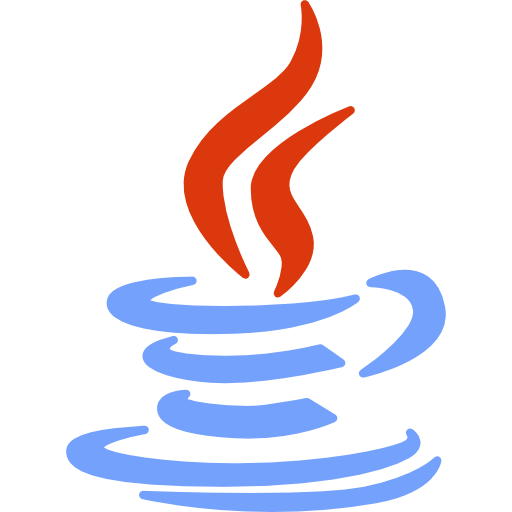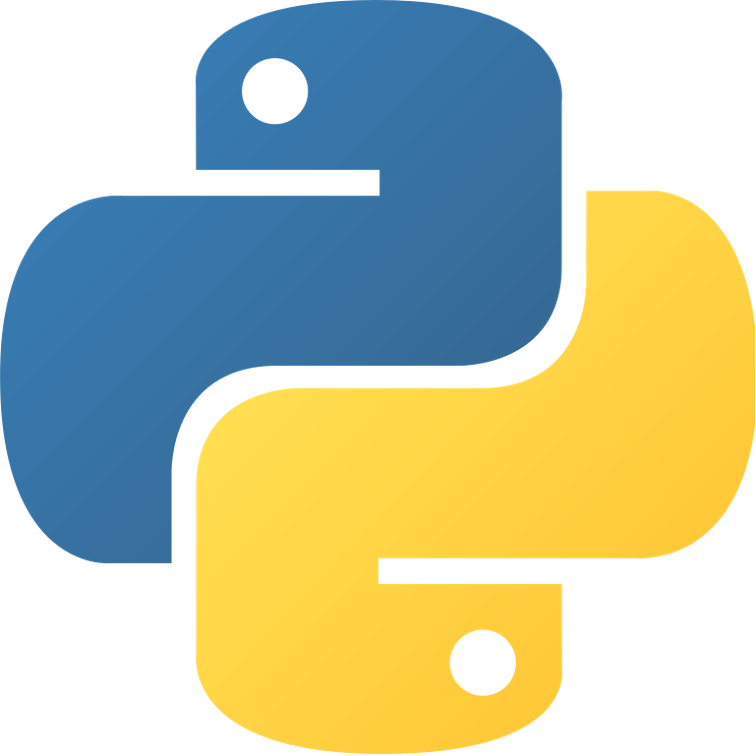Trending






Difference between Emulation and Virtualization | Emulation vs Virtualization
: 1655Paper : IT Differences FAQs | Platform : Vs or Differences FAQs | Category : General FAQs
What is Emulation?
It means to emulate or copy the functioning of other programs or systems. In computing, a world emulator is a software or hardware that enables one device to function like another device. The emulator system can be accessed remotely and allows users to easily run programs that have become redundant in the available system.
What is Virtualization?
It refers to creating a virtual instance of the server, desktop, operating system, etc. Dedicated hardware is required to run virtual machines. A single physical device can be split into separate entities through virtualization. It helps us in creating several computer simulations from the host with dedicated resources.
Let us now understand the difference between the two in a better manner:
|
Emulation |
Virtualization |
|
Requires an interpreter to translate the source code. |
It can directly execute the code that is available in various languages. |
|
A software connector is required to access hardware. |
Hardware can be accessed directly. |
|
It is Cheaper. |
Costlier than Emulation. |
|
Emulators are slower. |
Virtual machines are quick in operations. |
|
Does not provide the backup feature. |
Provides backup feature. |
















